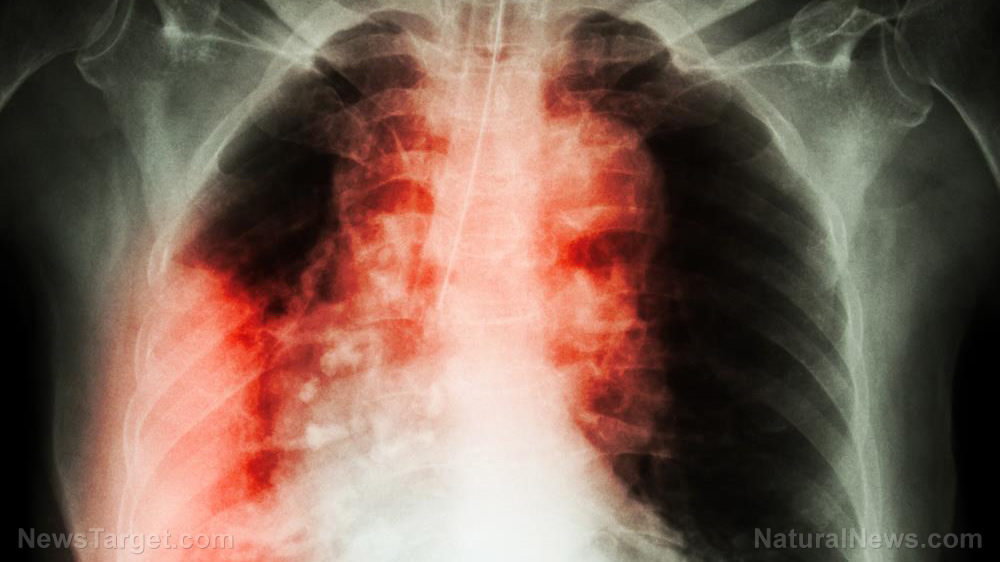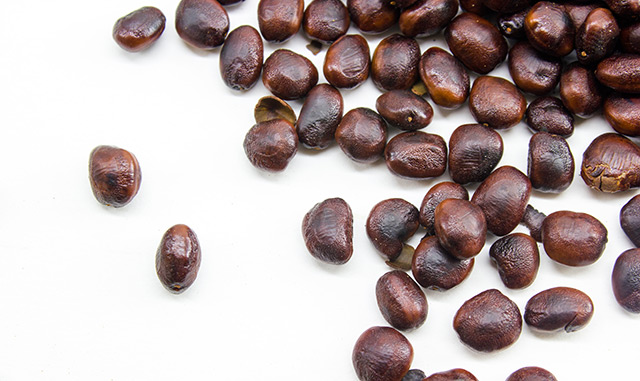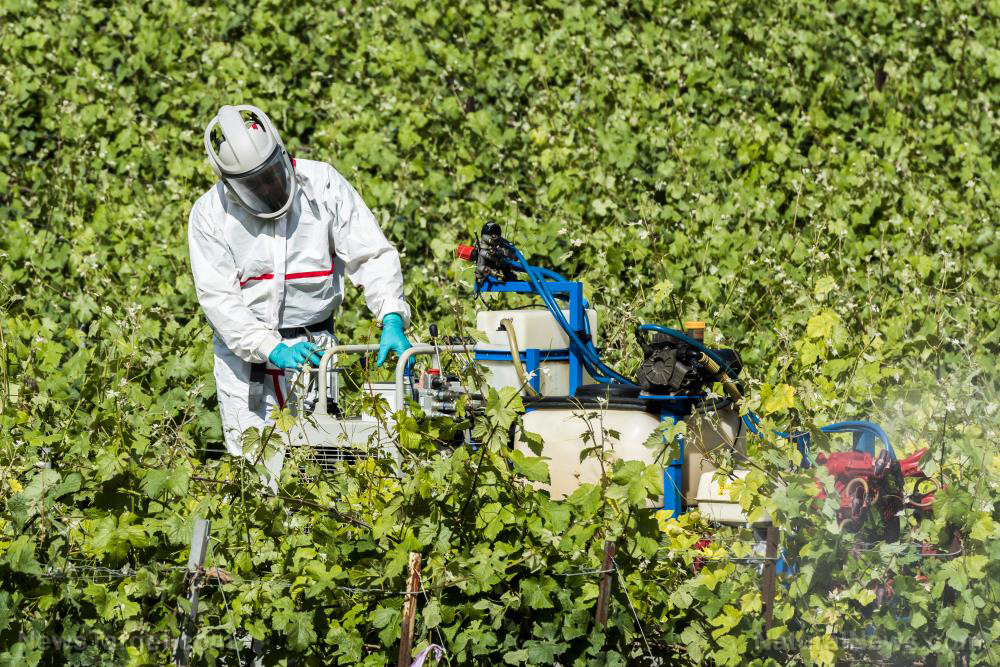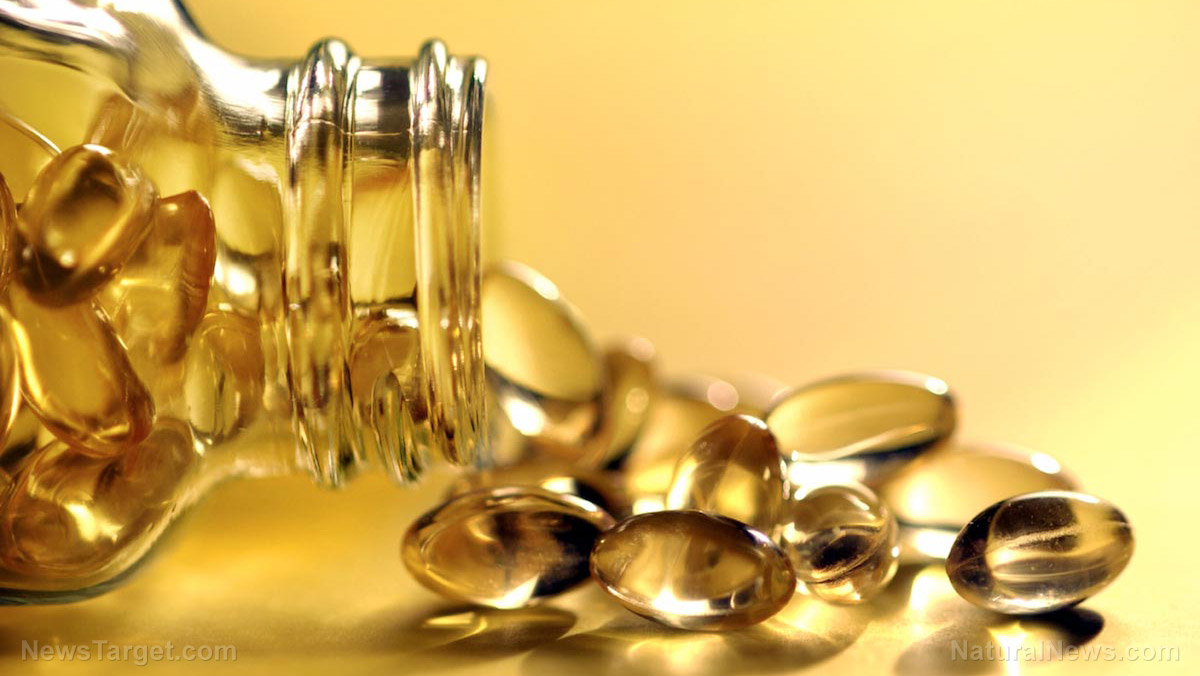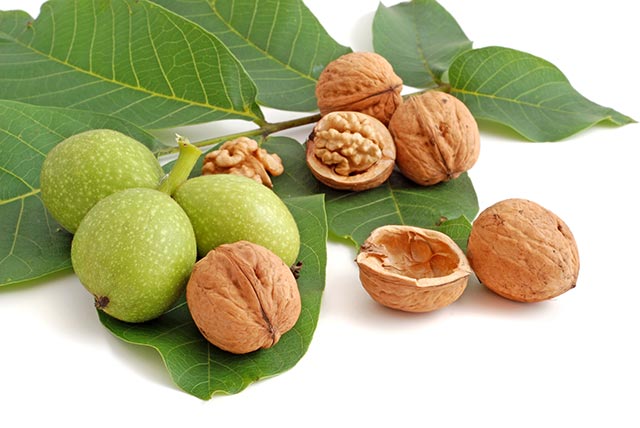#10YearChallenge with antibiotics: How antibiotics have become nearly useless over the past decade
04/01/2019 / By Isabelle Z.

If you’re not active on social media, you might not have heard of the 10-year challenge. This is a trend where people post a current photo of themselves alongside a photo form ten years ago with the hashtag #10YearChallenge, presumably so everyone can comment on how they’ve changed over the intervening decade. Now, however, some clever doctors are capitalizing on the trend to raise awareness of a big problem that could mean a lot of people aren’t here ten years from now to post another side-by-side: antibiotic resistance.
U.K. Internist Dr. Kate Flavin posted one such photo, captioning it: “This is genius and incredibly depressing at the same time.” It shows two petri dishes side by side that appear to be full of bacteria and antibiotics. In the shot labeled 2009, you can see notable clear spaces within the culture around each of the drug samples. In the 2019 photo, however, the bacteria looks completely unchanged in the presence of antibiotics – just like what would happen in your own body.
Although it’s not possible to verify the content of the photos, antibiotic resistance experts have told The Daily Mail that they portray precisely the type of effect they’d expect to see in tests of antibiotics against bacteria that have gained resistance. Other doctors have said they hope the pictures will help drive the message home that antibiotics might not work for people if they get an infection.
The World Health Organization (WHO) consider the problem “one of the biggest threats to global health, food security and development today.” According to the CDC, more than 2 million Americans develop an antibiotic-resistant infection each year, and more than 23,000 people die from one in the U.S. The European Union sees 25,000 such deaths each year.
Mother Nature's micronutrient secret: Organic Broccoli Sprout Capsules now available, delivering 280mg of high-density nutrition, including the extraordinary "sulforaphane" and "glucosinolate" nutrients found only in cruciferous healing foods. Every lot laboratory tested. See availability here.
Antibiotic resistance can occur naturally over time, but the overuse of antibiotics has accelerated the process, making it far more difficult to treat illnesses like pneumonia, foodborne illness, gonorrhea and tuberculosis.
How can we limit the spread of antibiotic resistance?
First, you should only use antibiotics when a certified health professional has prescribed them to you – and double-check that they’re truly necessary. The WHO says you should never demand antibiotics if your doctor says you do not need them, and you should never use or share any leftover antibiotics.
Perhaps the best way to reduce the problem is by avoiding the need for antibiotics in the first place. Prevent infections by washing your hands regularly, following safe food preparation guidance, practicing safe sex, and avoiding coming in to close contact with people who are sick. Eat a healthy diet full of organic fruits and vegetables to keep your immune system in top shape, and consume probiotics to ensure proper gut health.
Another big contributor to the problem of antibiotic disease is animals. That shouldn’t be surprising once you realize that 80 percent of the antibiotics used on this planet are being used by animals, not humans. To curb this problem, the WHO has called for an end to the practice of using antibiotics for promoting growth in animals that are otherwise healthy, while they also recommend significant reductions in the use of medically important antibiotics; in other words, animals that truly need antibiotics should only be given those that are least important to human health.
With superbugs estimated to kill 10 million people a year by the year 2050, and individuals increasingly succumbing to sicknesses that were once relatively harmless, it has never been more important for everyone to do their part to reduce antibiotic misuse.
Sources for this article include:
Tagged Under: antibiotic resistance, Antibiotics, doctors, superbugs


